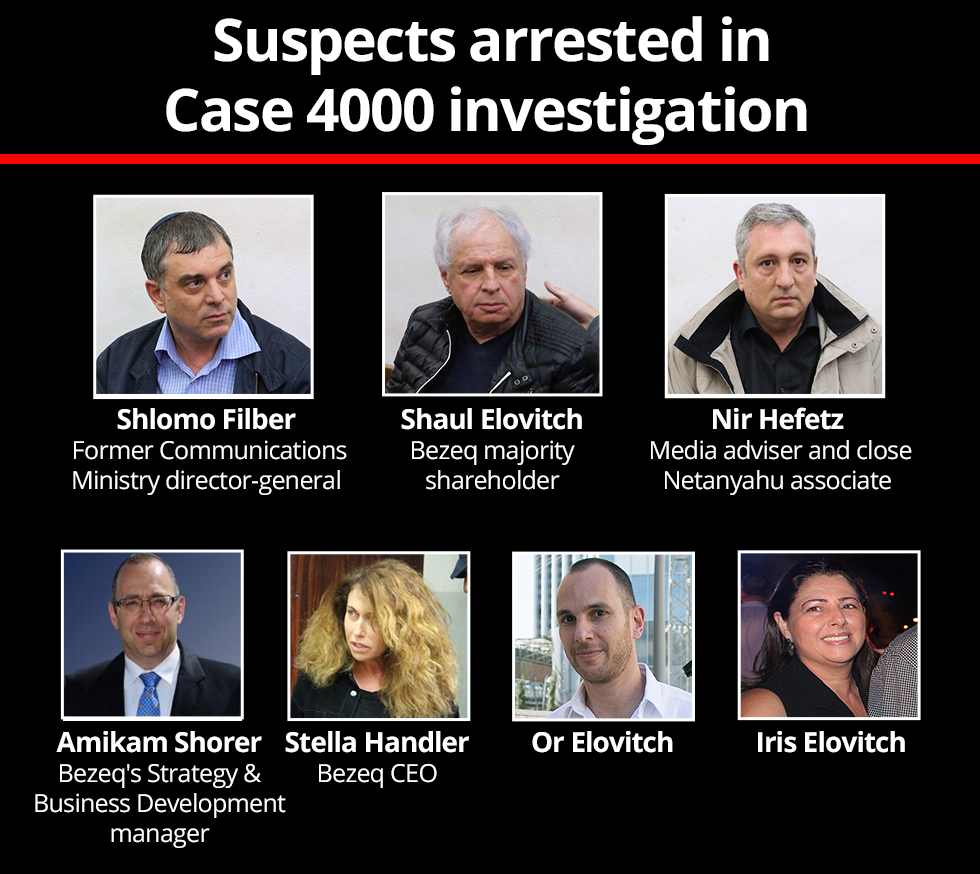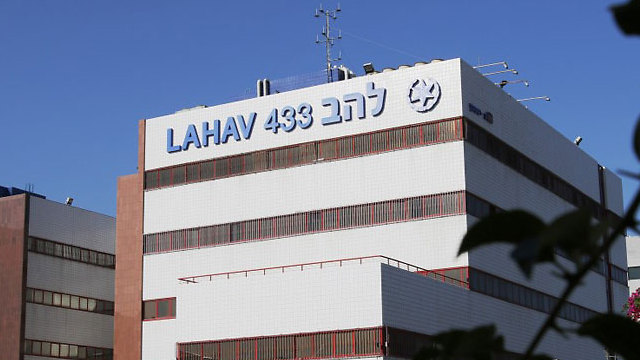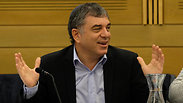
Profiling PM confidant-turned-state's witness: Shlomo Filber
Shlomo Filber has been following PM Netanyahu since 1996, from the opposition's benches to the Foreign Affairs and Treasury Ministries and then the premiership; Tuesday he signed a state's witness agreement to testify against him; a year ago Filber was interviewed and said he capitalized on the media's obsession with Netanyahu to win the 2015 elections.
Both relationships enjoyed confidentiality and loyalty on the part of the two subordinates, and both fell apart when, much like Zaken, Filber signed a state's witness agreement Tuesday to testify against—and possibly incriminate—his patron Netanyahu.
Netanyahu and Filber enjoy a long history. The two first met during the 1996 election campaign, when the latter was chief researcher for the Likud party's PR department.
When Netanyahu lost the 1999 premiership to Ehud Barak, he appointed Filber his chief of staff. Filber then followed Netanyahu to the Foreign Affairs Ministry when Ariel Sharon was at the helm, but due to infighting within Netanyahu's own camp, he left him when Netanyahu was appointed finance minister.
As sort of compensation for his expulsion, Filber received an important public position from Netanyahu, when he was appointed secretary of the Israel Railways directorate.
"Netanyahu has a lot of affection for kippah wearers, so he and Filber got along famously," said one of the people who previously worked with the premier. "He has total confidence in people who come from religious-Zionism, as he considers them very value-driven."
Police Commissioner Roni Alsheikh is a fellow religious-Zionist, and an acquaintance of Filber's. When Alsheikh was appointed police chief in September 2015, Filber tweeted, "Good luck, there is no one more suitable. I've known him for 30 years—from the benches of Mercaz HaRav (yeshiva), paratrooper battles in south Beirut, the Binyamin settlement and until today."
Two and a half years later, the two found themselves on opposite ends with Alsheikh heading the police and Filber arrested and then signing a state's witness agreement with the same organization to avoid prosecution on the Bezeq corruption affair.
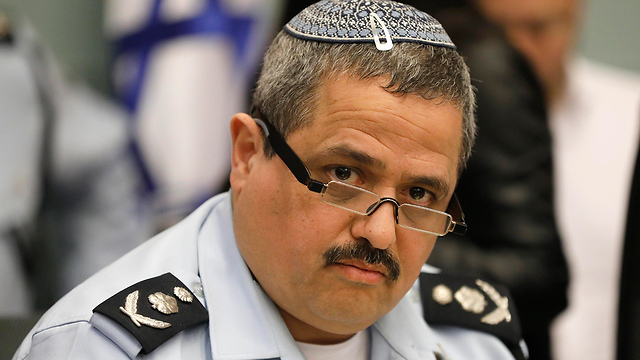
Filber, a graduate of the Shvut Israel yeshiva in Efrat, is an attorney by education and holds a Master of Business Administration degree. In the latter half of the 1990s, he served in several positions on the Yesha Council, the most prominent of which was the council's head.
The name of the newly minted state's witness made headlines in the past, surrounding a controversial article published in the journal Nekuda a month after the assassination of Prime Minister Yitzhak Rabin.
The headline of the article—which carried Filber's byline—was "Blank bullets." The article floated the conspiracy theory that the political murder was not the planned act of Yigal Amir as an "ideological criminal" but "a Shin Bet workplace accident, as part of a Left-wing ploy to stoke public criticism against the Right, by emphasizing the violence perpetrated by Right-wing activists at the time."
Filber's article then went on to delineate two scenarios. The first one said Shin Bet knew in advance of Amir's intentions but decided not to stop him before hand so the organization could take credit for capturing him in the act.
The second scenario said Shin Bet planned to plant blank bullets in Amir's firearms, but the killer swapped them out for real bullets in the 11th hour.
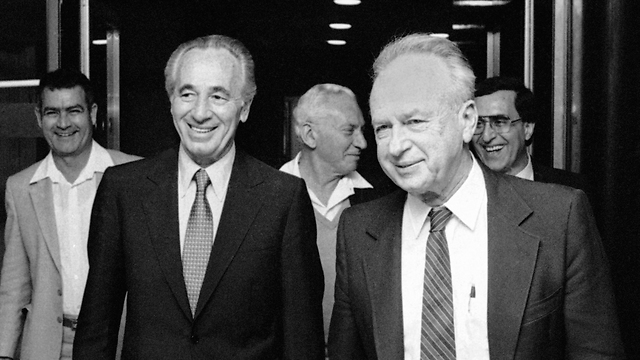
The article was brought up again when Filber was appointed director-general of the Communications Ministry in 2015. Filber responded to criticism by saying it was written by then-editor of Nekuda, the late Uri Elitzur, who asked the byline to carry Filber's name.
Through the years, Netanyahu and Filber's ties were kept relatively muted, but in anticipation of the 2015 elections he was brought back to center stage when Netanyahu appointed him chairman of the Likud's election campaign.
The pair basically removed all of the party's politicians from election headquarters, and Filber turned into the prime minister's confidant—maintaining direct links not only with the premier but also with his wife and son.
The 2015 Likud campaign headquarters worked as a classified intelligence agency headed by Netanyahu and Filber, with all other MKs and even ministers shut out.
The same year, Filber and Netanyahu signed a deposition submitted to the Central Elections Committee that stated the premier had no ties to free daily Israel Hayom. Filber submitted the deposition in response to a grievance filed that claimed the daily had become a propaganda tool for Netanyahu—in contravention of the Elections Law.

After winning the elections, Netanyahu insisted on keeping the Communications portfolio for himself. When it came time to seek someone the fill the position of the ministry's director-general, Filber was his first choice.
The director-general at the time was fired by Netanyahu via phone call mere days after the election, making way for Filber to land in his seat.
His actions after acceding to the role are now at the heart of the Bezeq-Walla investigation, landed him in a holding cell and forced him to accept a state's witness agreement, which he signed Tuesday.
However, less than a year ago—long before the affair came to light and his relationship with Netanyahu was most likely irreparably soured—Filber spoke with journalist Ilana Dayan about the combustible relations between the prime minister and the media during a conference.
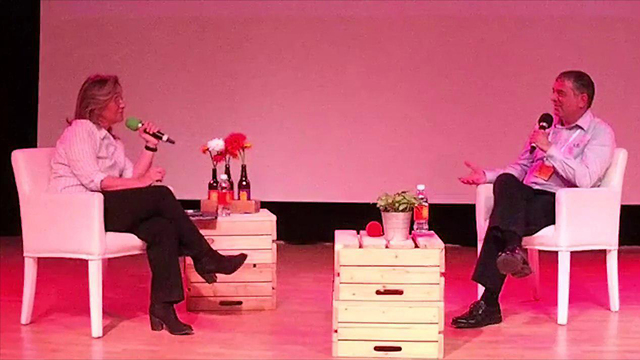
Speaking at the "Shover Masach" (Breaking the Screen) conference organized by the communications department at Max Stern Yezreel Valley College, Filber told Dayan, "The clash of the titans between Netanyahu and the media will end either with a nuclear explosion or with a ceasefire."
"It takes two to scuffle. Each party should look to their own home to see how they can shut down fire. There's disproportionality and a lack of balance in how the media is covering the prime minister and those close to him," he claimed then.
Filber also touched on his interviewer, who was blasted by the prime minister after her television program aired a piece critical of his conduct. "The public doesn't think you're a left-winger," he told Dayan. "I think the prime minister and his representatives were being metaphorical. Public discourse has grown violent, and the media does its fair share to stoke it.
"There was the world of talkbacks, which offered anonymity. Now the American president communicates that way. The world has changed in that regard. The system is in a tailspin, on both parties' account—the media and politicians."
On his successful 2015 elections campaign, Filber said, "The media joined the effort, came out of the closet, and said that they'll do everything to stop Netanyahu from winning. That's anti-democratic. It's flies against the public's will.
"The media was foolish enough to do that and I took advantage, and in five days we rose from 20 seats (in the Knesset) to 30 seats. Even today, some of these people have not yet realized that the voter chose differently. They wake up every morning feeling they have to complete what they couldn't do then."
One of the allegations made in the Bezeq investigation, known as Case 4000, was that both Walla! News and its parents company, the telecommunications giant, received regulatory benefits—some of which Filber facilitated (he claims unknowingly)—in return for favorable coverage of Netanyahu and his family.
In the same interview with Dayan, Filber recounted conversations he had held with Netanyahu on the nature of media coverage. "I always tell Netanyahu that objective media means fifty percent for you and fifty percent against you," he said.
"The media's role is to criticize government, so it's likely even those who are for you will criticize you. (Netanyahu) smiled and said, "Let's start with eighty opposite twenty,'" Filber concluded.
Filber, his attorneys and top police brass—head of the Investigations and Intelligence Division Gadi Siso and Commander of the National Financial Investigations Unit Eli Asayag—convened for several hours Tuesday at the offices of the Lahav 433 anti-corruption unit in order to hammer out the state's witness agreement's details.
Filber demanded during negotiations that he not be sentenced to any actual jail time—a demand that was likely approved.
This past summer, Netanyahu was asked in a Channel 20 interview about the fact that several of his associates, including Filber and David Shimron, were under police investigation and about the chances it will also get him into trouble.
"I know them to be honest, value-driven people," Netanyahu replied. "And I'm certain, without a doubt, the (police) won't be able to make anything stick, anything at all. I'm confident of that."










